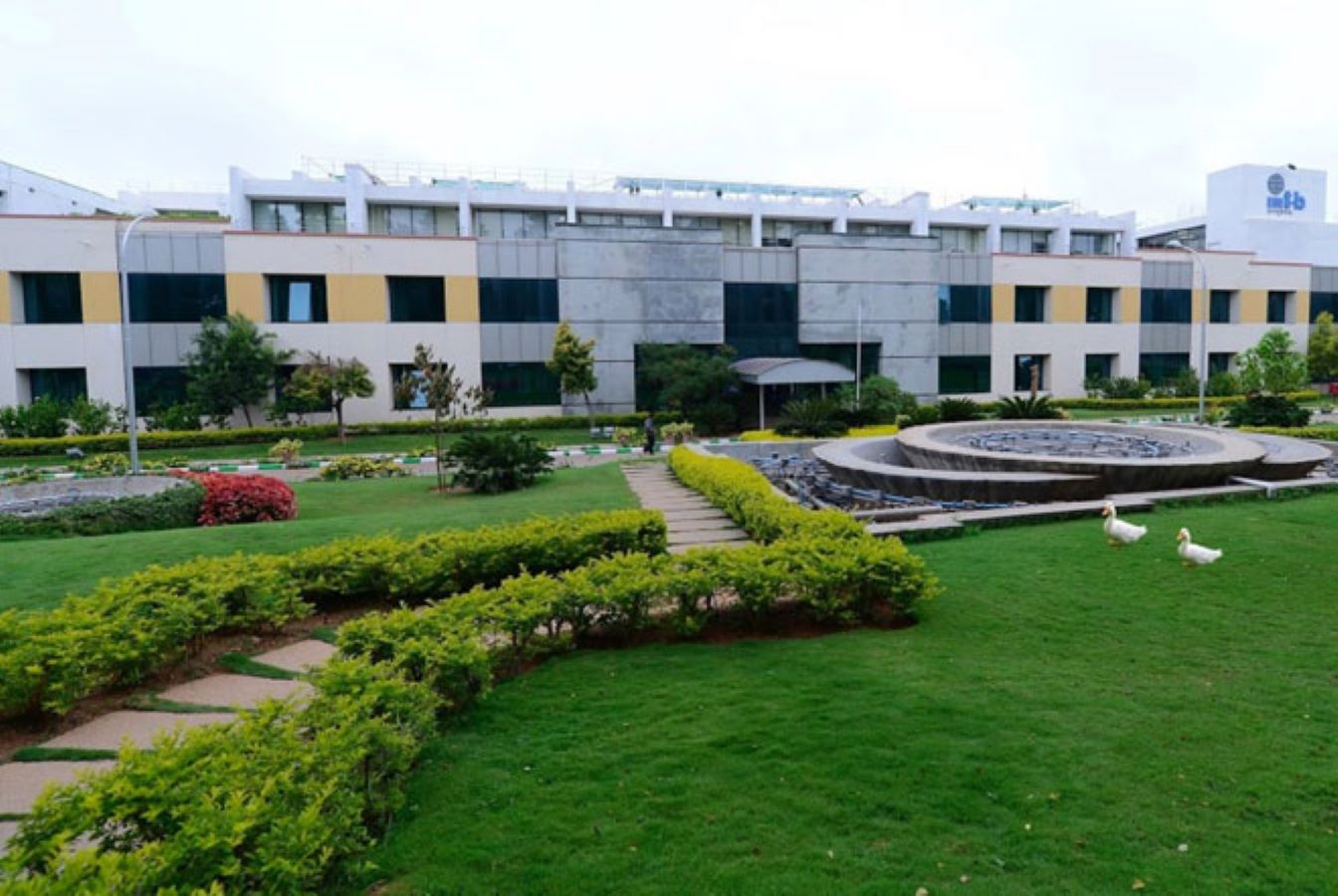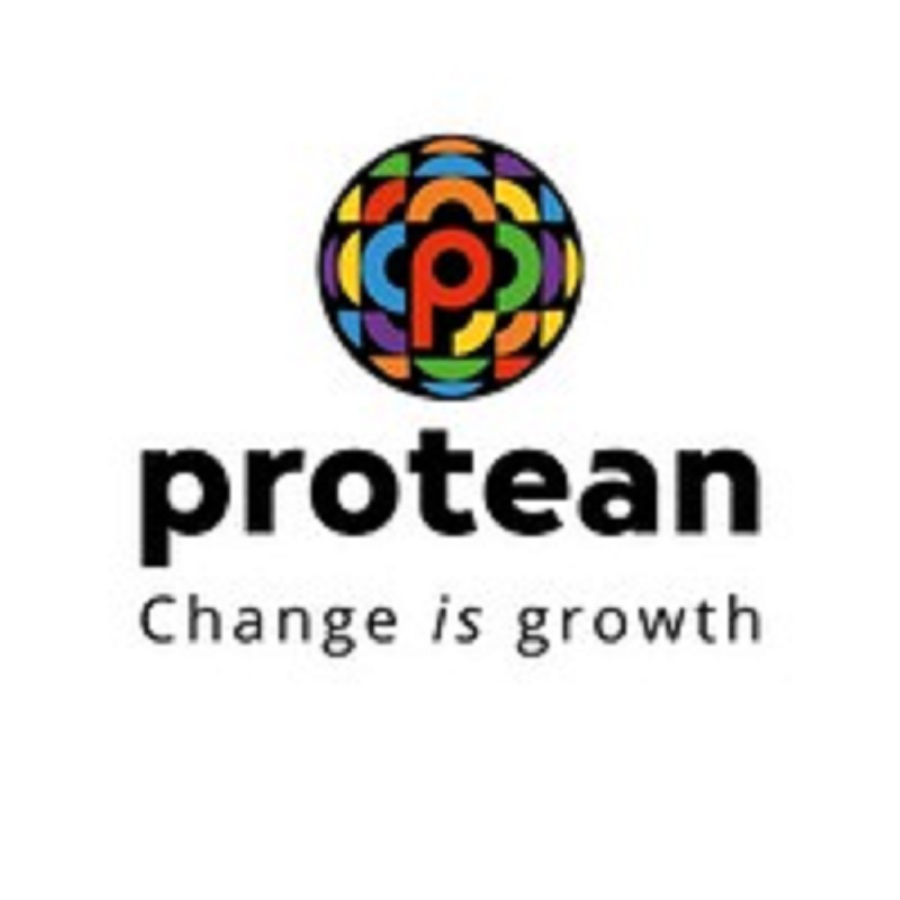PANAJI:
Goa Institute of Management in association with Ribandar Talks was proud to host the celebrated Advertising Guru Piyush Pandey, Co-Executive Chairman, Ogilvy and Mather Private Limited at its campus in Sanquelim. Pandey spoke on the topic ‘Think Local and Influence a Nation.’
Piyush Pandey has won multiple awards for his work in advertising over the years with the Fevikwik and Cadbury commercials awarded as the Advertisement and Campaign of the century respectively. It all culminated for him in the year 2016 when he was honoured with the Padma Shri award for his contribution towards the Indian Advertising Industry.
Speaking on the topic ‘Think local and influence a nation’, Pandey emphasised on the fact that advertising is not rocket science. Further elaborating on the topic, he explained how certain locations play an important role in culture and said ‘’Respect location and learn from them, everyone has a distinct location and we can learn from them by getting exposed and communicating with each other”. He also explained how he observed the environment around him and respected it, which is the reason why his ads travelled far and wide. He urged students to bring out the emotional connect present in certain locations and cultural nuances which can form a link with audiences.
Interspersing his talk with snippets from some of the more popular advertisements created by him creating a mood of nostalgia amongst the students especially when the much-loved and appreciated Fevicol ads were played. The ad was created in various languages. Pandey explained that the reason behind these advertisements becoming a runaway hit throughout the nation despite being in regional languages was because, there were no heavy local nuances present in the ad which may alienate the audience. “The primary motive behind localising the theme is not to offend anyone but instead use the opportunity to bring together our cultures and festivities so that the entire country understands the common emotion pertaining to them,” he explained.
Most of his advertisements have had the strong essence of underlying emotional connect to the audience, which was visible in the next segment that he played which consisted of ads created for Asian Paints, Cadbury and Madhya Pradesh-Incredible India. “Inspiration is relevant to emotional context, and since we are a country of great folklore and whole lot of other stuff, it is both easy and important to find things that people would enjoy and connect to on a personal level” he said.
He then moved onto the famous 5 Star and Centre Fresh ads which sent ripples of laughter across the audience and also sent the message across that it is not only the location or society that influences an idea but our own memories. A sense of humour also play an essential role in the creative process.
The final portion had the Times of India, The Hindu and Red Label ads wherein the objective was to challenge the social norms or the ideas prevalent in our society. Pandey strongly believes that the country is going through a social change and there is a tenacious need of highlighting this shift in ideologies in a positive light.
He signed off from the event with a final thought on the significance of creativity storytelling and emotional connect whilst pointing out that, “It’s not about what things you say in an advertisement, what matters is how you say it.”
Following the talk, Piyush Pandey addressed questions raised by the students who were waiting eagerly for a chance to interact with him:
Q: What breeds creativity?
A: Creativity is having confidence in yourself, having belief in yourself and not being restricted by our own fear and the society. Being creative means thinking differently which is a healthy habit unless you offend anyone.
Q: Is digital media taking over the traditional advertisement industry?
A: Digital media is just a tool to exhibit stories and is a common vehicle available to all. Just like books are available to every person but few make proper use of it so in a similar manner the effectiveness of a media depends on how you use it.




